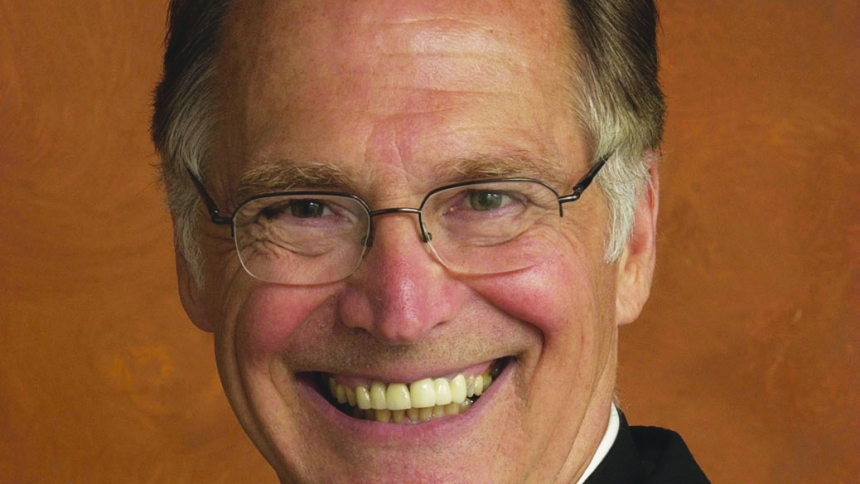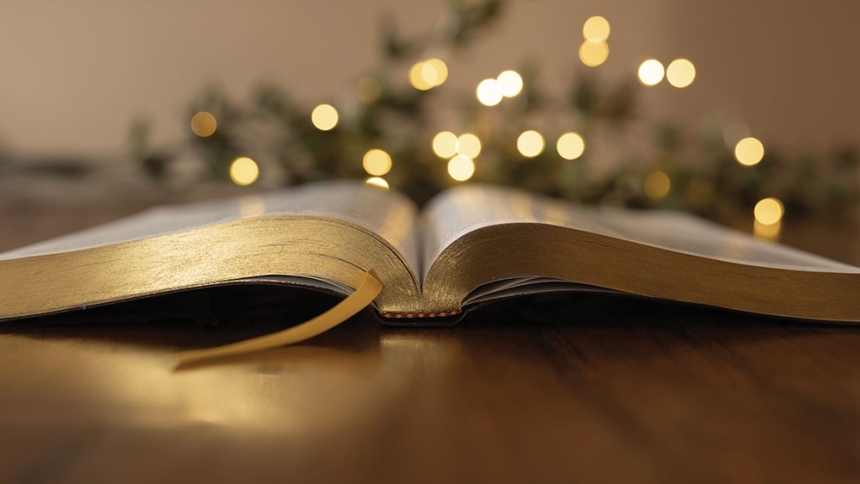
As published in the Northwest Indiana Catholic on November 25, 2018
Our diocese has enjoyed a beautiful twinning relationship with the Diocese of Fort Libertè in Haiti since 2001. Established by Bishop Dale Melczek with the Haitian bishop of that time, this partnership has resulted in effective and generous support from our wonderful faithful people through an annual collection for the flourishing of the Catholic schools in Fort Libertè.
Comprised of 90 grade and high schools, the diocesan educational system there, as challenged as it is, represents the only hope for a better life for the children in Haiti’s poorest diocese.
A year ago, I, along with a group of priests, deacons, laity, guided by Deacon Dan Lowery, visited our Haitian brothers and sisters to establish twinning relationships between some of our parishes and some of theirs. Currently, five of those partnerships have taken root.
This spiritual growth in Christian friendship, knowledge of the other, mutual trust and working together in joint projects is an organic process that requires time, patience and effort. Each relationship has been different, moving at its own pace, but filled with confident hope and a deep desire to continue.
During our visit, we met Bishop Alphonse Quesnel, who has been leading the Church in Fort Libertè as long as I have been in Gary. A delightful man of deep faith and gentle kindness, Bishop Quesnel introduced me to the beautiful holiness of his people, the generous dedication of his priests, religious and lay leaders, as well as the profound needs of the local communities. Fort Libertè is the poorest part in the poorest country in the Western Hemisphere, so the challenges facing the local Church are enormous, as we came to learn.
This past week, Bishop Quesnel took me up on an invitation to visit our diocese for the first time, arriving a week ago Thursday, accompanied by two priests, and spending four days among us. They met with the staff at the Pastoral Center, had a tour of the diocese, conversed with people from the Gary twinning parishes, had dinner with local health care workers, met Bishop Melczek for Saturday breakfast, celebrated Mass at the Cathedral and went to every parish currently in partnership with their parishes - a four day whirlwind!
During the visit, the bishop and priests updated us on the current needs they face daily. Many of the parishes need to expand their church buildings, repair existing structures, purchase sound equipment, construct a rectory, or simply be able to provide for the needs of their pastor.
Teachers who bring hope, faith and knowledge to the thousands of children in the diocesan school system earn about $50 a month, yet they continue to persevere in their transformative task. The diocesan radio station needs new transmitting technology, as it only reaches the people who live within the city.
Because of the difficulties of distance, scarcity of reading materials and lack of technology, the Catholic radio programming is the most effective and universal way to evangelize and share news about the Church and the diocese. Bishop Quesnel would like to construct a pastoral center, a retreat house and offer more effective formation for lay leaders, especially catechists.
The human needs are enormous. Food, medicine, health care, water, literacy and employment are fundamental human rights, yet remain elusively out of reach for many Haitians. In many ways, the Church is the government, seeking to provide these needed resources, so that every person may realize the fundamental human dignity that flows from being a child of God and live productively, fully realizing the beautiful potential which lies within each of us.
This holistic approach to proclaiming the Gospel is powerfully Catholic! Hearing the Good News is more than an auditory proclamation of Christ. The Church always seeks to incarnate the liberating truth of the Lord, not only in the essential spiritual terms familiar to us, but also the cultural, social, political and human aspects of living the abundance which God is calling us to, right here and right now. This vision is the basis and inspiration of the social teaching of the Catholic Church.
During our time together with our Haitian friends, we discussed many ideas, all driven by the mutual desire to grow our comm and partnership in the Lord.
Could a priest from Fort Libertè who speaks English come and serve here in our Diocese? Could we establish a way to sell Haitian art and coffee here in our parishes as a way to raise needed funds for projects? How can more folks from both places go to visit the other and strengthen our spiritual ties? Could we promote a prayer campaign to raise consciousness about the beauty of our relationship? Can we pull the money together to buy the needed equipment for the Catholic radio station?
Dozens of possibilities like these swirled in our heads during these blessed days together in the November grey of the Midwest with our brothers from a tropical paradise of radiant sun and gorgeous nature, yet marked by deep poverty and suffering.
I thank Bishop Quesnel and his priests for visiting us, Deacon Dan Lowery and his wife Barbara for their leadership, hospitality and service, Deacon Tom Gryzbek and his wife Marilyn for their hospitality and kindness, Micky Henry for the enormously challenging task of translation, the staff at the Pastoral Center and the priests and leaders of our twinning parishes for their commitment and generosity.
This relationship between us shows the unitive power of the Catholic faith which makes us one family in Christ and the beautiful diversity of each local Church, as the Gospel incarnates itself in every human culture and experience.
May the Lord bless both our dioceses through this friendship, which has taken root and grown powerfully through the years!
+ Donald J. Hying


